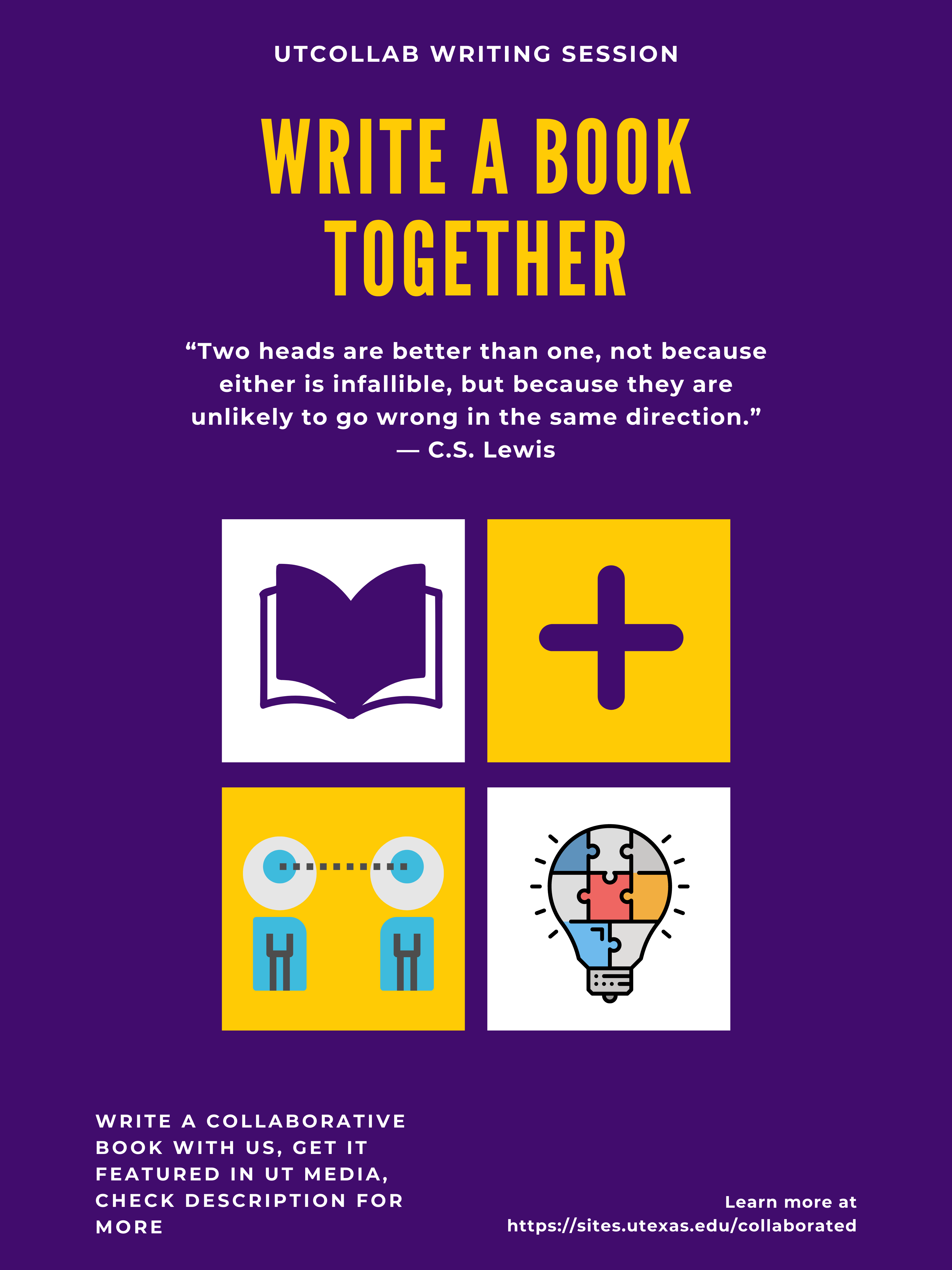Ever felt like education and business are two ships passing in the night, each unaware of the other’s course? You’re not alone. Let me tell you a story that might resonate.
Picture this: a community gathering, filled with hopeful faces eager to shape the future of education. Among them, a candidate vying to lead a mammoth 50,000-student school district. As the discussion veered towards the integration of education and business, a poignant remark emerged: “It’s more like there is a moat around the district and they won’t let us in”
Sound familiar? It’s a sentiment echoed by many over the years, underscoring the chasm between the education and business realms. But why does this gap persist? And more importantly, how can we bridge it?
Let’s start with education. Traditionally, its focus has been on the pursuit of knowledge for its own sake, with little consideration for the practicalities of the workforce. “It isn’t my job to make Company ‘X’ successful. I teach kids!” – a sentiment often heard among educators. Yet, therein lies a flaw. In today’s interconnected world, individual economic success is intrinsically linked to broader societal well-being. And as the landscape of work evolves, so too must our approach to education.
On the flip side, the business community hasn’t been without fault either. Too often, their relationship with local school districts remains superficial, akin to viewing education as a utility rather than a partner in progress. Sure, there are murmurs about the quality of graduates, but genuine engagement with educators to articulate their needs? Few and far between.
But here’s the crux: mutual respect isn’t enough. We need collaboration, full-scale and unbridled. Think about it. When education and business come together in genuine dialogue, magic happens. Take community college technical faculty, for instance. They’re the unsung heroes, bridging the gap between theory and practice, between classrooms and boardrooms.
So, what’s the solution? It’s about reframing our approach to education. Instead of viewing it in isolation, let’s see it as a holistic journey encompassing communication skills, sciences, humanities, and beyond. Postsecondary education can handle the specialization, but high schools should lay the groundwork for comprehensive development.
Imagine if every student graduated with a strong foundation in both STEM and humanities, armed with the communication skills and cultural competence needed to thrive in a diverse world. It’s a vision worth striving for, don’t you think?
Of course, change won’t happen overnight. But with collaborative agreements, feedback loops, and shared accountability, we can pave the way for a brighter future. Every graduate should meet a uniform standard, every postsecondary institution committed to student success, and every business invested in hiring and retaining top talent.
Yes, critics may scoff at the notion of ‘too much education,’ but ask yourself: would you settle for anything less for your own child? Let’s commit to a vision where academic and economic success aren’t distant dreams but tangible realities for every young person.




